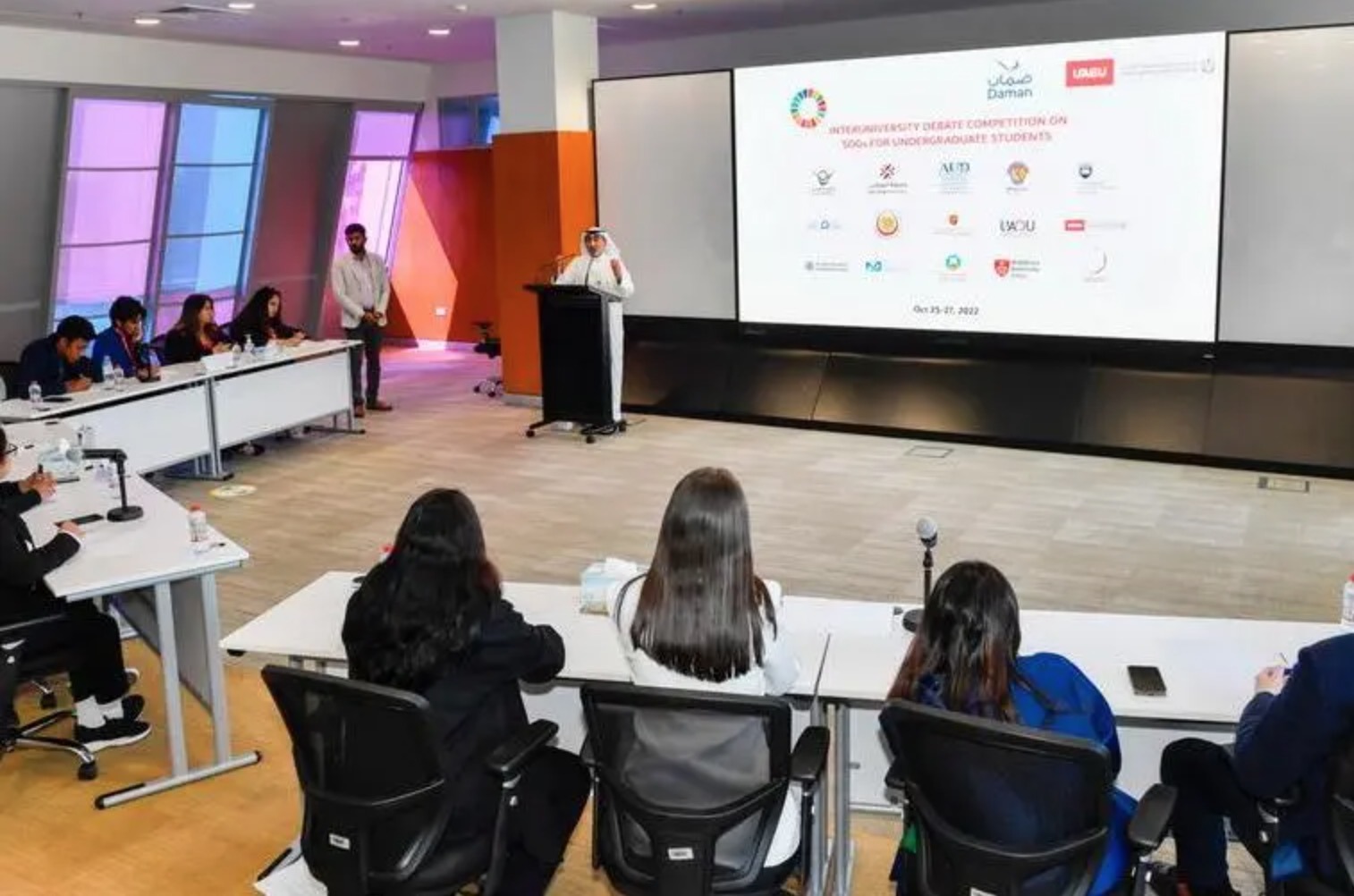The Ministry of Higher Education and Scientific Research (MoHESR) in the UAE has launched a new streamlined system for the institutional licensure and programme accreditation of higher education institutions (HEIs). This initiative is backed by Ministerial Resolutions No. (27) of 2024 and No. (62) of 2025, which also includes the introduction of an Outcome-based Evaluation Framework.

This decision establishes clear pathways for both existing and new HEIs to obtain institutional licensure and programme accreditation. The new system features a unified framework to assess institutions based on specific performance indicators, which aims to enhance the overall quality of higher education in the UAE.
As part of this initiative, the Ministry has significantly reduced document requirements to increase efficiency. New institutions now need only five documents to obtain a licence, down from 28 previously required. For first-time academic programme accreditation, the documentation has been cut from 13 to just one. Existing HEIs seeking accreditation for new programmes will also benefit, needing only one document instead of 13 for the process.
Dr. Mohammad Al Mualla, Undersecretary of MoHESR, noted that this initiative aligns with the Ministry’s commitment to simplifying services under the Zero Government Bureaucracy programme. He emphasized that the decision supports the broader strategy of enhancing higher education quality and aligning educational outcomes with labour market needs.
The new regulations significantly shorten the timelines associated with licensure and accreditation. If all requirements are met, the licensure process for new institutions is reduced from six months to just one week. Similarly, the accreditation for new academic programmes is now completed in one week instead of nine months, while the renewal of accreditation for existing programmes has been reduced from nine months to a maximum of three months.
Furthermore, a risk-based management system will be introduced for renewing institutional licensure and academic accreditations. This system will categorize institutions based on risk levels, with low-risk institutions receiving a six-year licence and high-risk institutions granted a two-year licence.
Dr. Al Mualla also explained that the new framework provides a unified evaluation mechanism for all accredited UAE-based HEIs, ensuring that evaluations are based on measurable outcomes. This comprehensive approach will enhance the assessment of educational quality across institutions.
The decision applies to all existing HEIs licensed by the Ministry, as well as new institutions seeking licensure from MoHESR. Additionally, licensure procedures will be unified between MoHESR and local education authorities, enabling a more efficient process for obtaining approvals and recognizing internationally accredited academic programmes automatically.
The Outcome-based Evaluation Framework identifies six key pillars for assessment, including Employment Outcomes (25 percent), Learning Outcomes (25 percent), Collaboration with Partners (20 percent), Scientific Research Outcomes (15 percent), Reputation and Global Presence (10 percent), and Community Engagement (5 percent). Each pillar will be evaluated using predefined performance indicators to ensure a thorough, data-driven evaluation of HEIs.


Leave a Reply